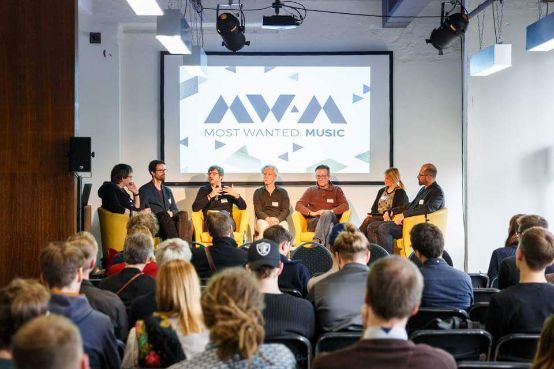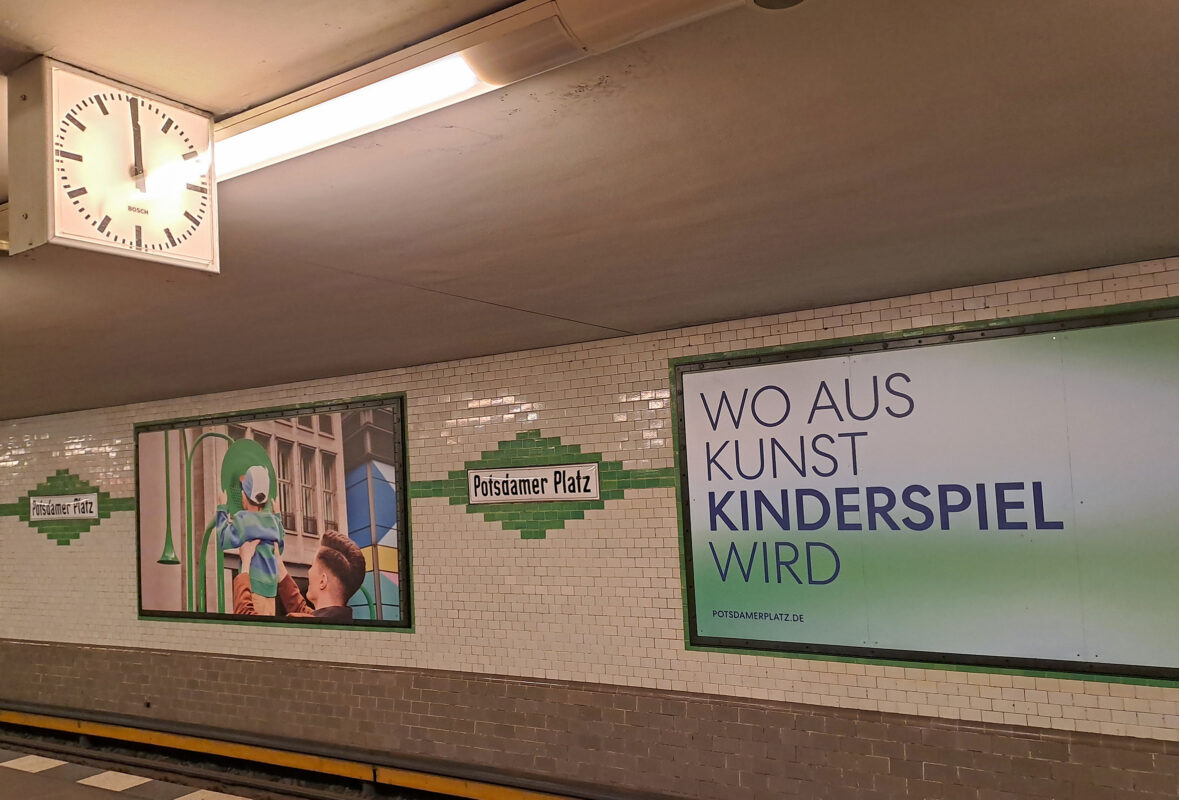From hackathon to blockchain
Digitalization is still one of the biggest challenges facing the music business. At the Berlin conference "Most Wanted: Music", specialists from very different fields discussed problems, opportunities and visions.

How can artists use Instagram for promotional purposes? What role do playlists play in marketing new songs today? How do you present an event online without getting lost in the digital noise? What new technologies are available to the industry - from apps and new digital devices to new cashless payment methods? And what about the future of music journalism?
These and many other questions were addressed at the conference on November 10 Most Wanted: Music at Haus Ungarn near Alexanderplatz. At first glance, the program posed a few puzzles for the non-specialist visitor. What does the abbreviation VR mean? What is a hackathon? And this blockchain that everyone is talking about, what is it actually good for?
The first answers were found right in the hallway, where this year's "Startup village" was set up, where young companies presented their latest technological inventions and apps. Visitors could play drums in the air with special drumsticks, without a real analog drum kit, or remix music by shaking and turning a smartphone. At another point, visitors could try out 3D glasses that allowed them to immerse themselves in virtual reality (oh, that's what VR stands for!) to experience a musician's "live performance" - virtually up close and personal.
The musician as "user" or "artist"?
Such apps and technological developments are often created as part of hackathons, as Eric Eitel from Music Pool Berlin explained in an entertaining short presentation. Hackathon is a neologism made up of hack and marathon and refers to events in which teams of programmers, designers and other creative people develop software or hardware in a short, intensive collaboration. Hack formats for the music industry such as the Music Hack Day or the Music Tech Fest lead to very different, exciting results, from the promotional app to the sensor glove to the drum costume.
In a panel with the illustrious title The Technology Integration Spaceship some developers presented their products and created scenarios of new forms of performance in which the boundaries between stage and auditorium are finally removed, with visitors actively shaping the sound of the concert with the help of their smartphones.
Mark Moebius from the startup Nagual Sounds, which develops interactive cell phone music apps, called on artists to be more open to new technologies, because only then would art be up to date. Someone from the audience asked whether making music with the help of programs, loops and apps had not already become far too easy. Are you then actually still an "artist" or "musician" - or a "user"? For Moebius, this is an unnecessary distinction. For him, anyone who wants to can be a musician. All the better if the technology helps.
Fighting bureaucracy with blockchain?
In a panel discussion on the topic of blockchain, the experts agreed that the technology alone is not the solution. Blockchain is a decentralized protocol for transactions between different parties that transparently records every change in the data set - similar to a digital bank statement that can be viewed by all parties involved. Blockchain was originally developed for the digital currency Bitcoin, but it could also be used to simplify rights management for music downloads and streaming. However, as long as the big players in the music industry are not interested in such a solution, which would enable more diversity in the music offering, and as long as the technology is not applied on a broad, decentralized and transparent basis, blockchain will not solve the bureaucratic problems of the music industry, although it would provide the means to do so.
Lifestyle reportage instead of reflection?
The panel on music journalism was quite pessimistic. According to freelance author Stefan Szillus, click rates and statistics prove it: Nobody is interested in what is written about music. Musical analyses or reviews are no longer in vogue. Szillus sees the future in reportage that gets close to the artist, observes them closely and pays attention to details such as shoe brands (Szillus writes about hip-hop, among other things). The question is, however, to what extent the music journalist still differs from the lifestyle reporter.
Radio producers were far more relaxed about the future. The live moment, the word, the human being - these are the qualities with which radio will certainly always be able to hold its own against competitors such as algorithms and ready-made playlists.
Despite all the enthusiasm for new technologies, it would certainly do the entire music industry good to refocus on people and the live experience.
Conference website








